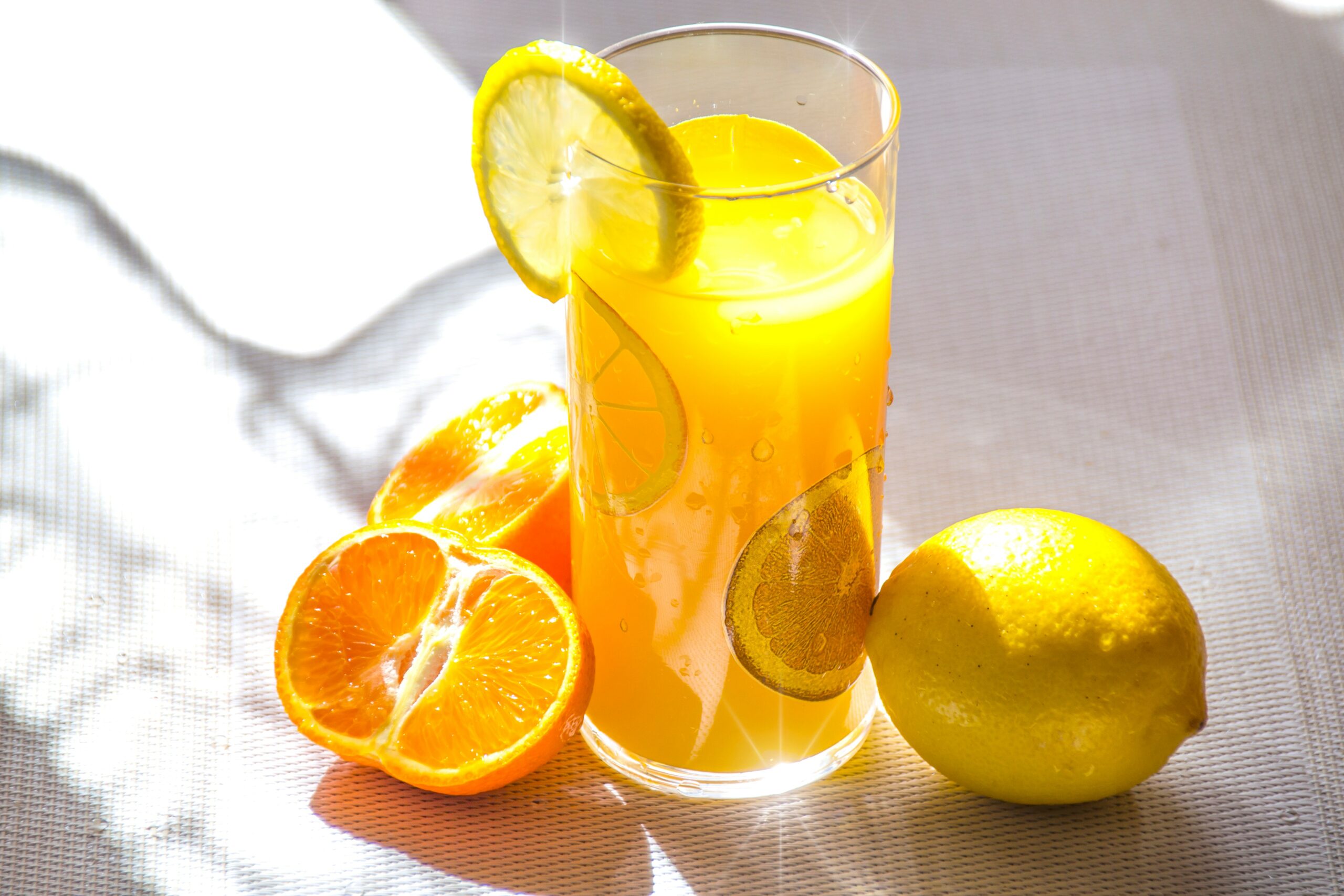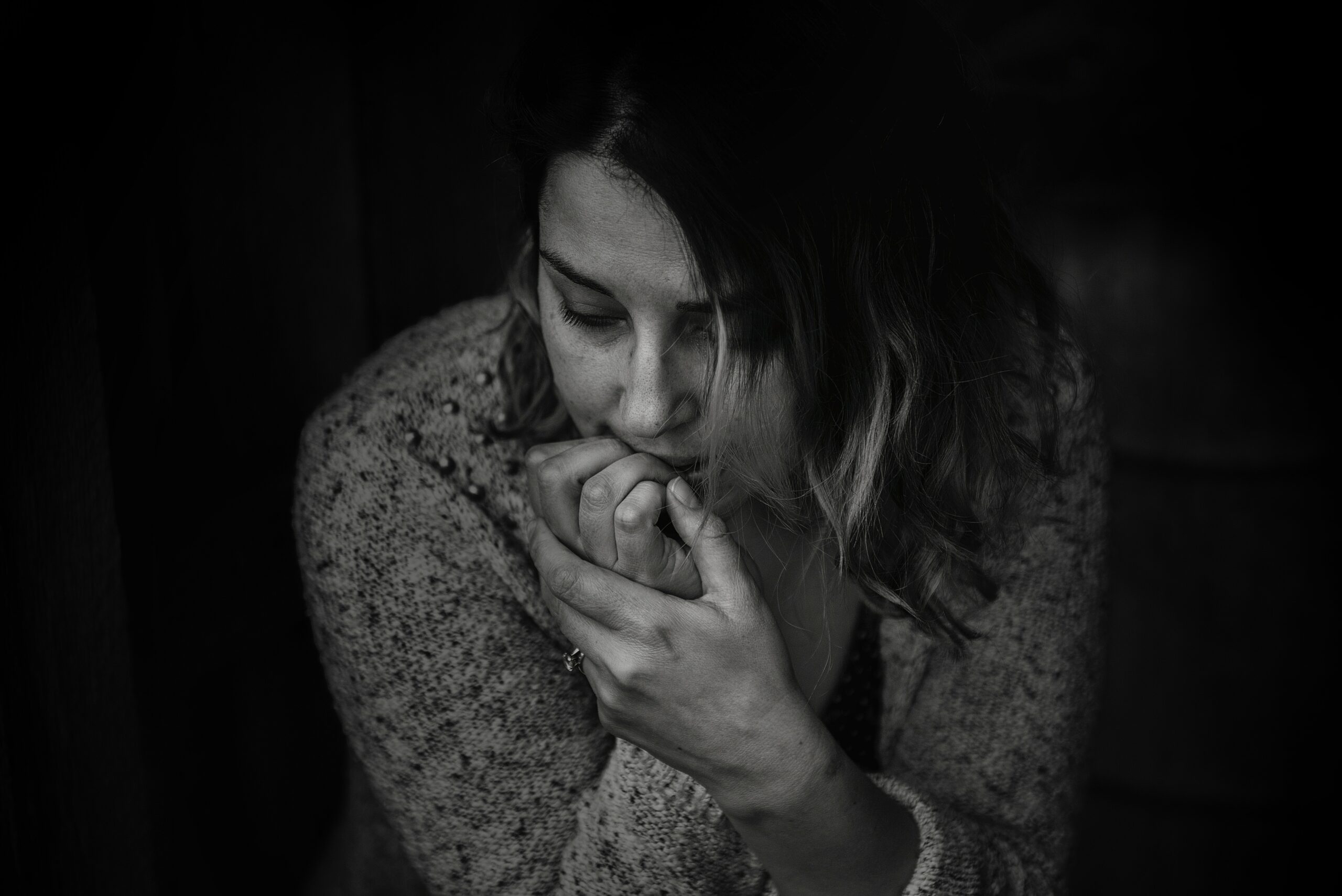At this moment of the pandemic, you can call vitamin C one of the most popular nutrients as vitamin supports the immune system according to reports of National Institutes of Health (NIH) notes.
With the ongoing rise of Covid-19 infections, we are dealing with a threat of burgeoning flu and immunity is what is top in our mind currently.
But, Vitamin C has made headlines when singer James Blunt confessed about the summer that he is going on the carnivore diet (a plan that involves primarily eating meat and drinking water) when he was studying as a university student caused him to develop scurvy.
However, reports of the U.S. National Library of Medicine also say that scurvy is a disease caused by a severe vitamin C deficiency.
According to the NIH, centuries ago, it was once common among sailors who ate little or no vitamin C on their long voyages.
Also, in the mid-1700s, it was determined that eating citrus cured scurvy. Scientists didn’t know it at the time, but vitamin C was the antidote.
1) What are the common risk factors for vitamin C deficiency?
Dr Pooja Thacker, Chief Dietician, Bhatia Hospital, Mumbai said, “Alcoholism, babies fed on cows milk only, poor people who cannot afford fruits, patients having the gastrointestinal disorder, smokers, patients on a restrictive diet, type 1 diabetic, seniors consuming less diet are the people who have a higher risk of hypovitaminosis of vitamin c.”
2) What are the signs and symptoms to watch out for Vitamin C deficiency?
“Deficiency of vitamin C is called scurvy symptoms which include corkscrew hair, ocular hemorrhage, gingival bleeding, less collagen production leading to weak bones, low hemoglobin level, poor wound healing. Other symptoms include dry eyes, scleral icterus.
A recent study shows low vitamin C is closely linked to fatty liver,” said Dr. Thacker.
3) What are the best food sources for Vitamin C?
Dr. Thacker explained Daily requirement of vitamin C is 500 mg/day to 1 gm/day for smokers. Sources include amla, Peru, orange, kiwi, bell peppers, broccoli.
Vitamin C cannot be stored for very long and cannot tolerate heat cooking and steaming can damage vitamin C.
Cereal and pulses usually do not have a high amount of vitamin C hence require fortification.
Amination of pulses can enhance vitamin C level in pulses but cooking can damage it too.
Raw forms of germinated pulses fruits vegetables are the best source of vitamin C.
4) What should be the recommended daily intake (RDI) for vitamin C?
“Daily requirement of vitamin C is 500 milligrams to 1 gram per day. 200 milligrams is made through diet only if you have 5 fruits and vegetables daily. Extra vitamin C is required for smokers due to its antioxidant properties,” Dr. Thacker.











